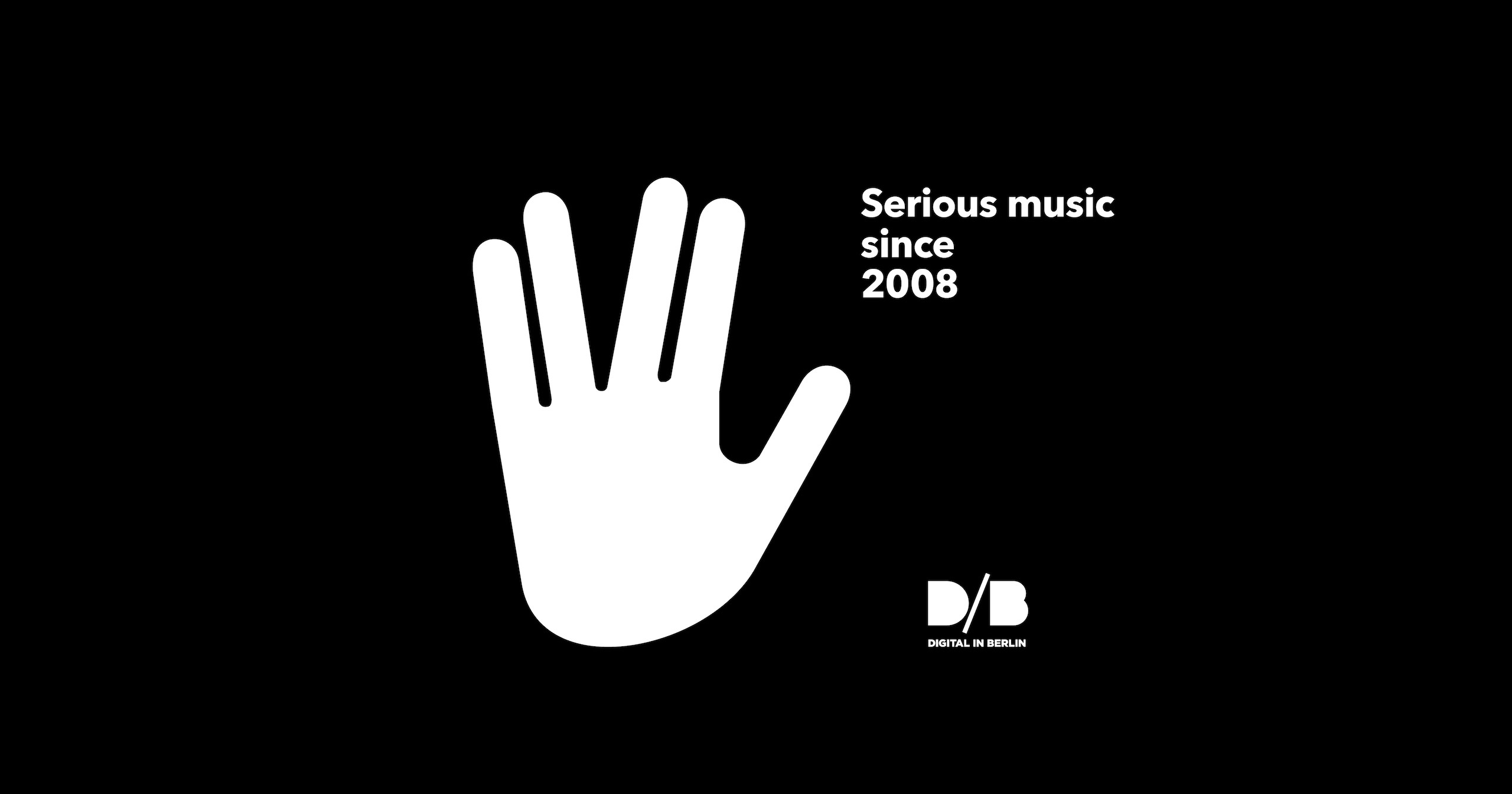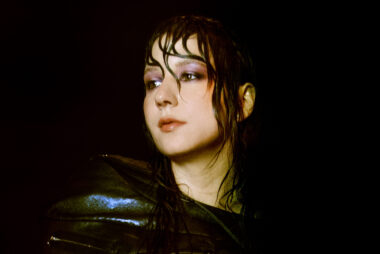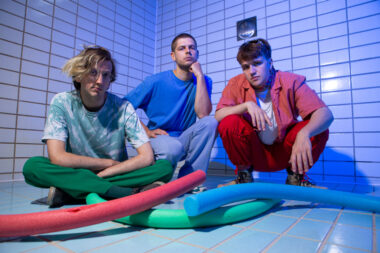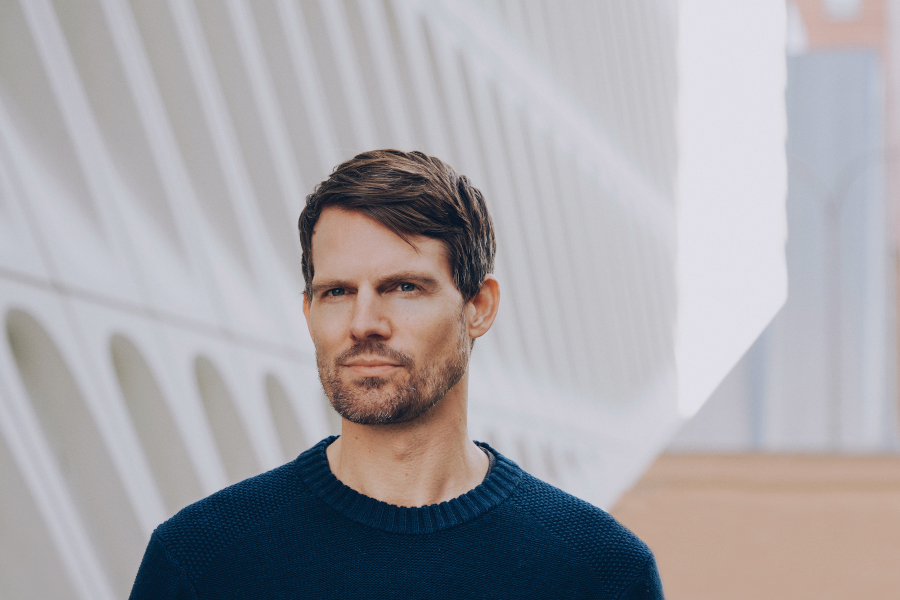Kadhja Bonet’s debut album The Visitor opens with an awe you’d expect from the golden age of cinema, somewhere between Cinderella and Barbarella in its halfmythical atmosphere. Its curtains draw back to the ascendant fanfare of Earth Birth, with keys and choirs science-fictionally echoing down from deep space, as Kadhja—pronounced “kodya”— invites us into a world not wholly our own, where past and future meet in a parallel, yet far lovelier, present.
Even as this overture fades and Kadhja’s voice velvetly emerges on Honeycomb, we still feel we’re drifting into a timeless, unplaceable realm of Kadhja’s own making. This very timelessness sends many a reviewer scrambling to find her nearest genre or closest musical cousins. They will blurb about classical, jazz, soul, folk, and even psychedelia, but ultimately fail to comfortably place her— this, all by Kadhja’s design. For if she were “folk”— maybe poetically comparable to a Karen Dalton or a Sybille Baier— it would only be the folk of some future aeon, a thousand years hence. If her rich instrumentation of strings and wind strikes us as “classic,” it’s not because it harkens to any past era or vogue, but because Kadhja paints in a perennial imagery that could as much be now as then as any other time. Literary comparisons convey far more in Bonet’s case. The mood of songs like The Visitor and Gramma Honey, with their rehearsals of dusky and feeling-freighted tales, belong more to magical realism than any shelf or bin in the neighborhood record store.
With the uncanniness of a South American novelist, Kadhja recalls the writing of Gramma Honey: “I had written the song long ago— the melody— and had always known it was written for someone particular, someone close. It wasn’t until my grandmother passed away that I knew it had been written for her all along.” Likewise, her songs are not really “psychedelic.” Rather they are unwaveringly contemplative, much like the Japanese poets she evokes in Fairweather Friends. “We sat beneath a tree who wept in shades of pink / and Spring devolved her speech, the blossoms peaking / with borrowed comfort sipped from bottles made of glass. Ah, Sakura, mono no aware.” Dwelling as it does on the aching ephemerality of all things, this song may be inspired by actual events, by the sudden parting of dear friends; it nevertheless speaks to an impermanence that, she knows, twinkles in every last one of her listeners.
For the sake of this same universalist spirit, Kadhja stays pretty mum— if not a little mysterious— about her own life story. She insists that her audience convene with her on imaginative and musical planes, instead of through byword associations with any scene or venue, be it in Los Angeles or on the beaches of Rio De Janeiro. What we do learn and should know about Kadhja is her early and formal training in classical music quarters, where she mastered violin and viola, learned flute and guitar, and gained the sharp compositional talents that frame every note and curve of The Visitor.
Kadhja Bonet
Monday, 13th March 2017 | 20:00 CET
Kantine am Berghain | Am Wriezener Bahnhof 70 in 10243 Berlin






